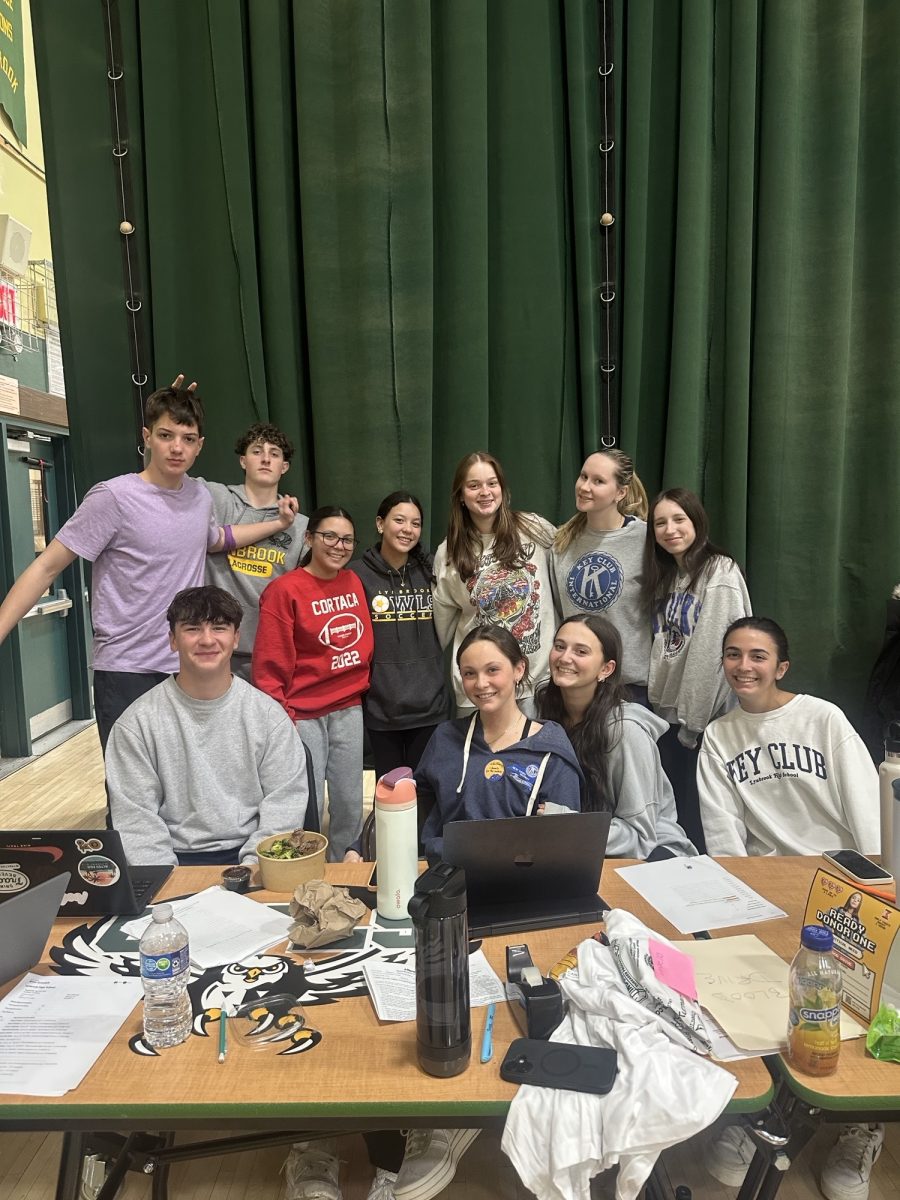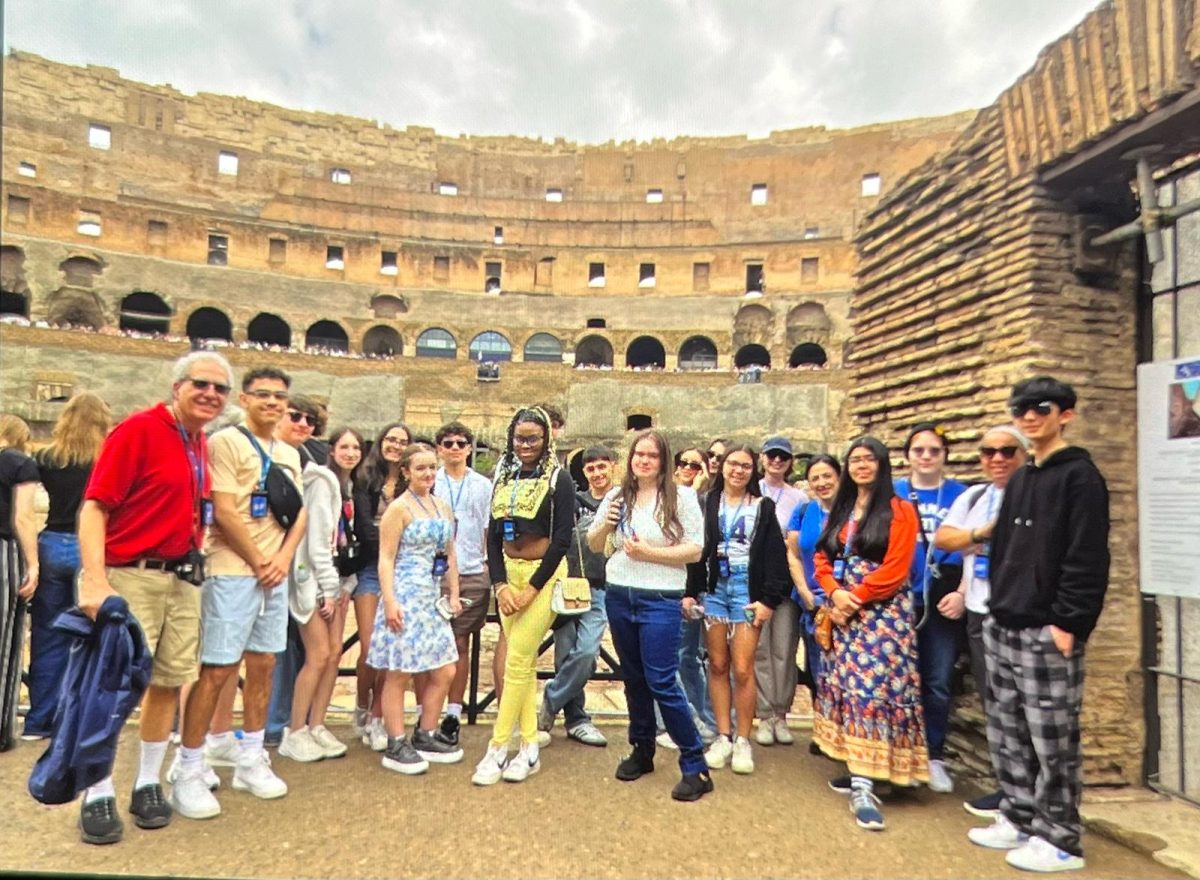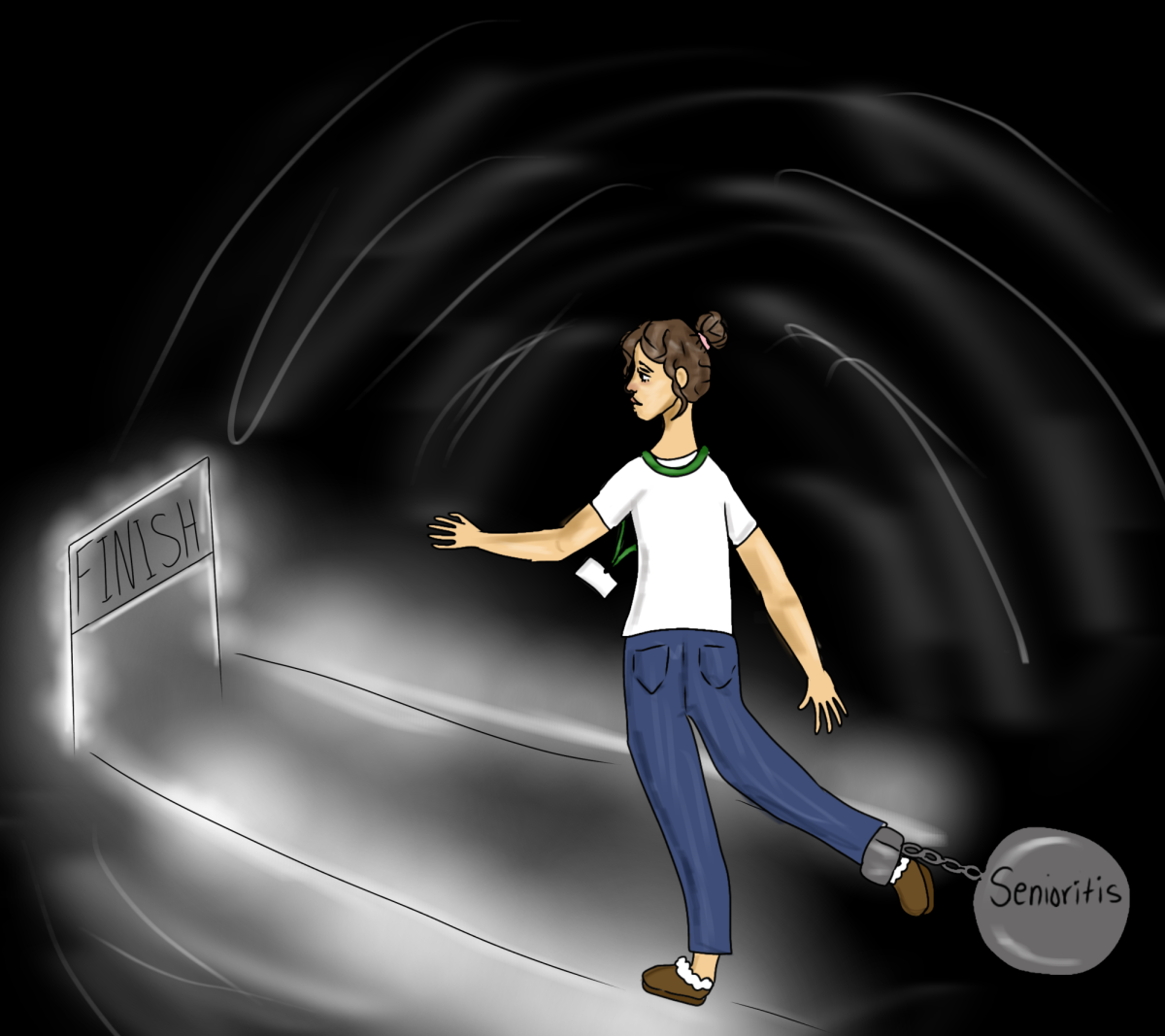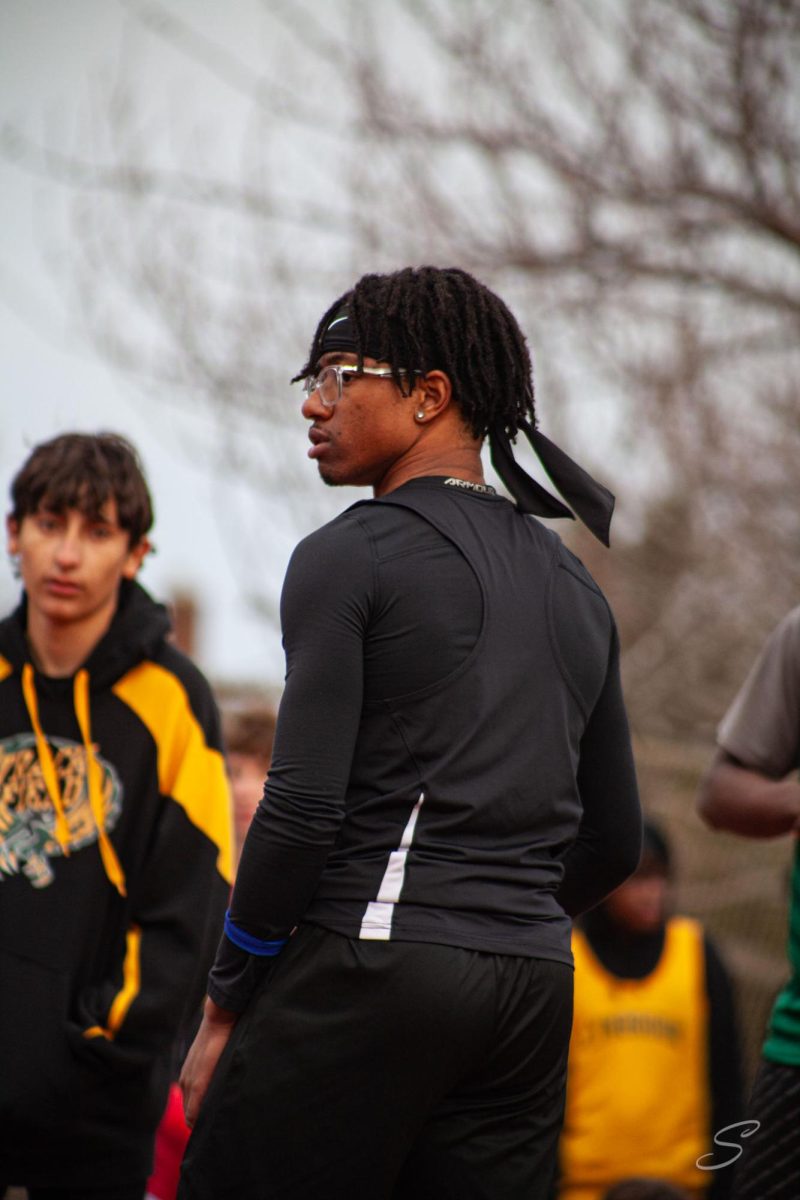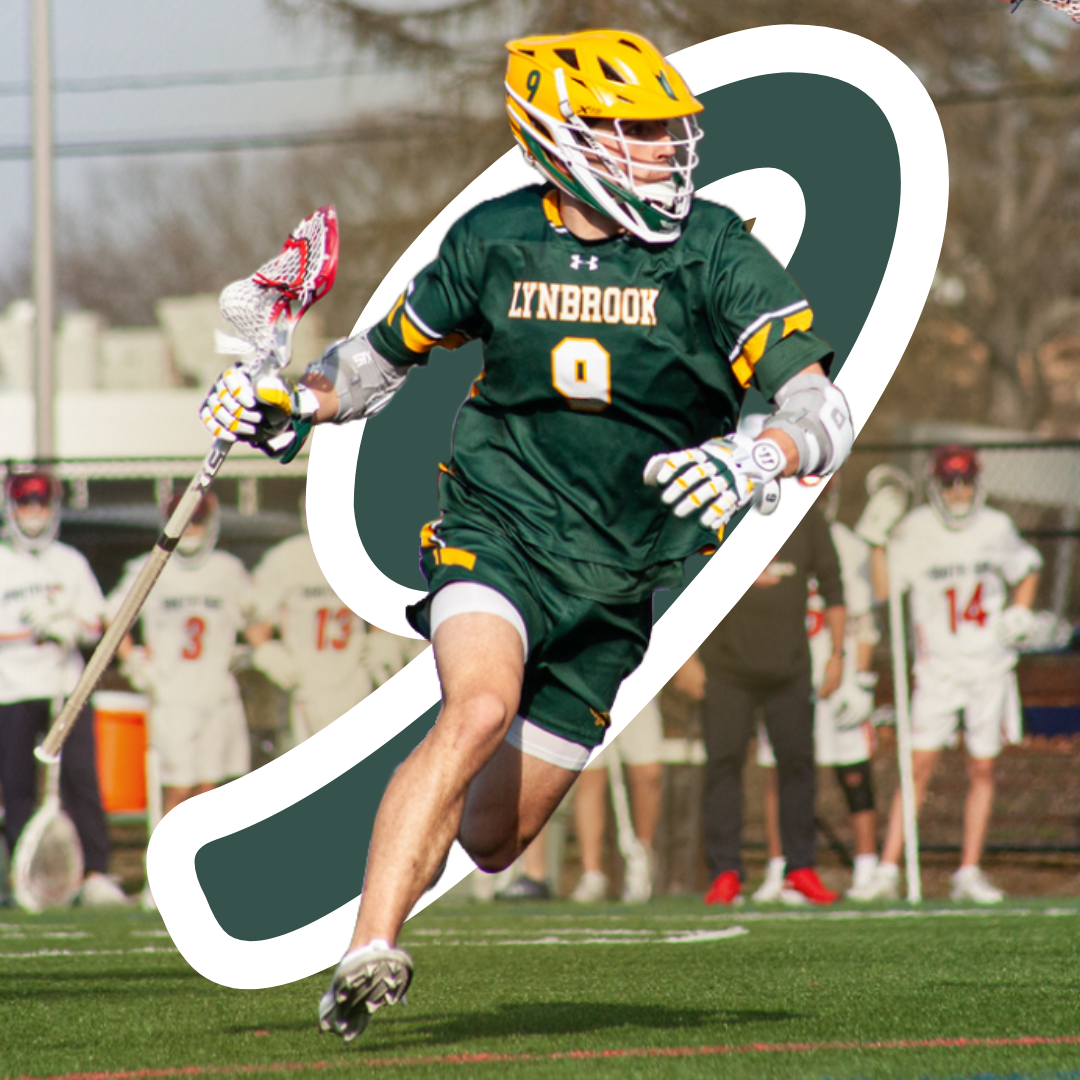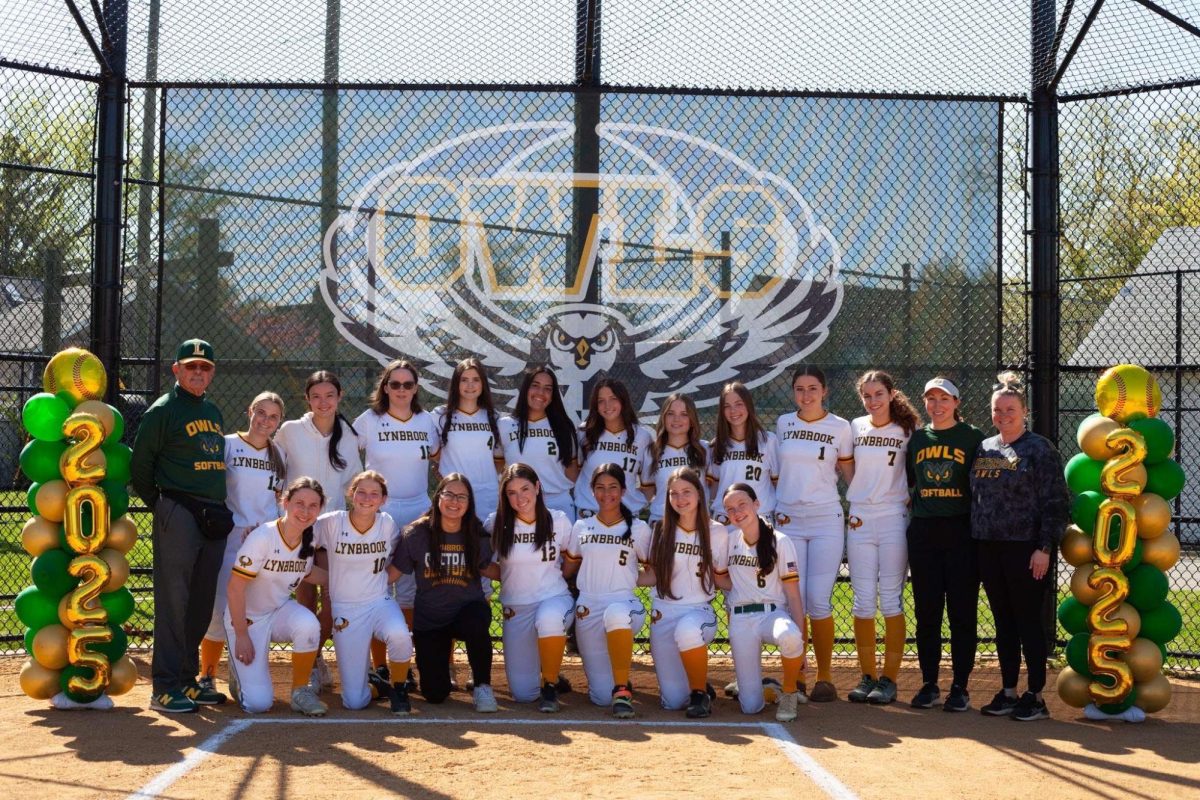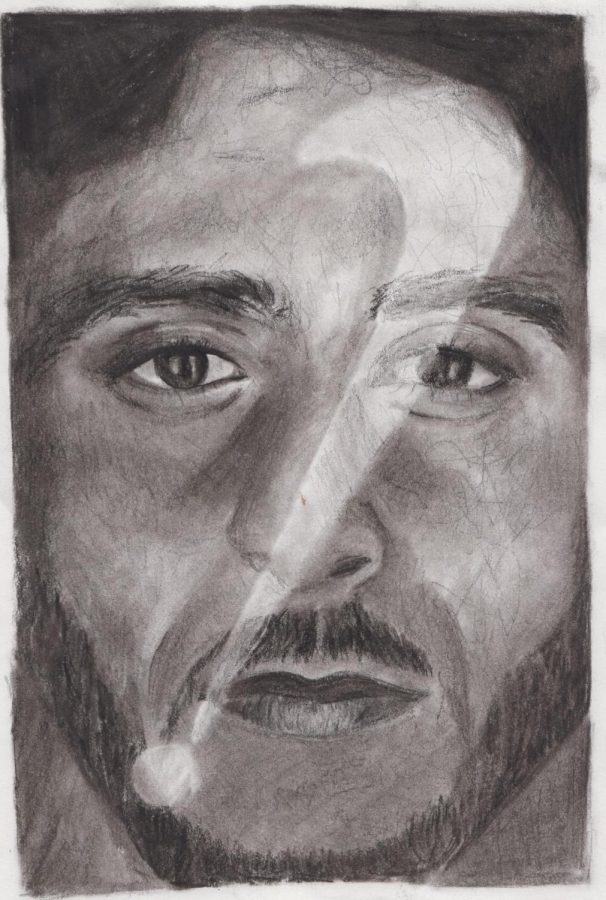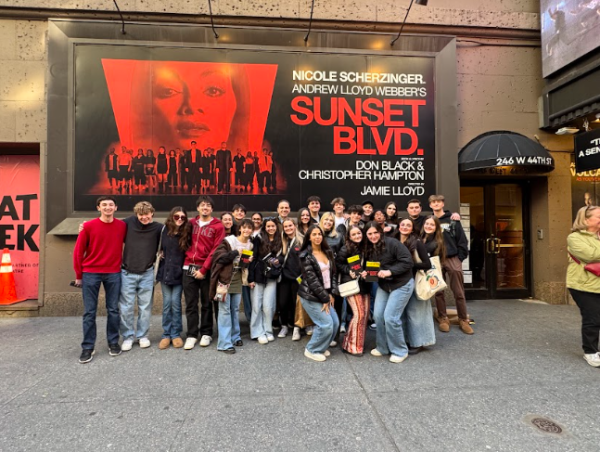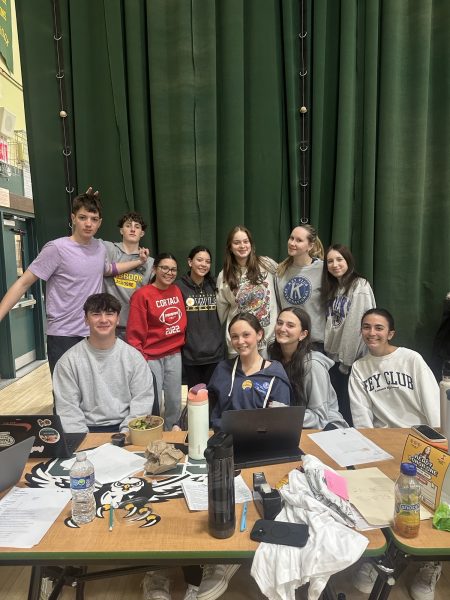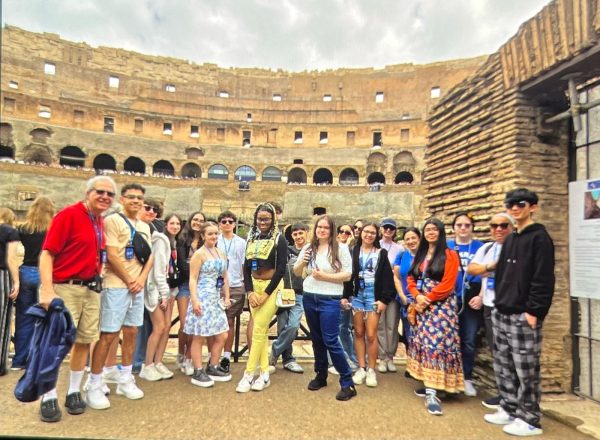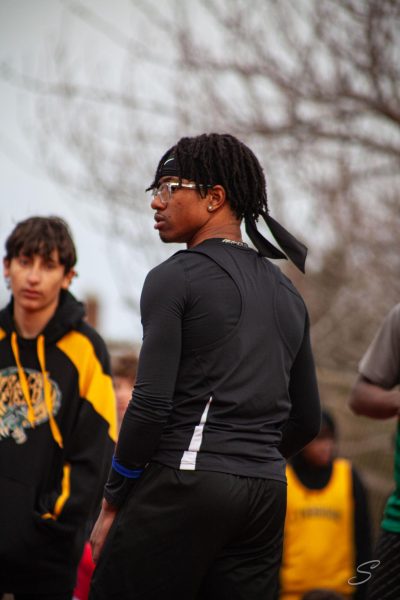Nike’s New “Just Do It” Ad Sparks Controversy
Nike sparked controversy this fall with its new 30th anniversary “Just Do It” campaign, headlined by former NFL quarterback Colin Kaepernick, who is best known for being the first player to take a knee during the national anthem at a professional sporting event. In the ad, entitled “Dream Crazy,” professional and amateur athletes alike have their stories narrated by Kaepernick, each of which involve overcoming obstacles. These athletes include the likes of Nyjah Huston, a skateboarder with aspirations to compete in the 2020 Olympics in Tokyo; Isaiah Bird, a ten-year-old wrestler from Long Beach who was born without legs; Zeina Nassar, a Muslim five-time Berlin female boxing champion; Kai Lenny, a world champion surfer and stand-up paddler; Megan Blunk, a Paralympic wheelchair basketball player; Eliud Kipchoge, the Kenyan marathoner who won gold at the 2016 Rio Olympics; Alicia Woollcott, who doubled as homecoming queen and linebacker for her high school; Charlie Jebaly, who lost 120 pounds and overcame a brain tumor to become an Ironman competitor; Lacey Baker, the first openly queer woman to be a part of Nike’s SB team; Alphonso Davies, who grew up in a refugee camp in Ghana and played soccer at a national level at the age of 15; LeBron James, a cultural icon and unofficial face of the NBA who recently opened a school in Akron, Ohio, to give back to his childhood community; Shaquem Griffen, a football player born with one hand who was drafted in the first round this past April; and Serena Williams, a tennis player from Compton, California, whom Kaepernick calls, “the greatest athlete ever.”
Kaepernick is widely recognized for sparking the protest of taking a knee during the national anthem at football games when he first did so as a member of the San Francisco 49ers back in 2016. Kaepernick’s actions were in response to police brutality against people of color in America, which he deems ridiculous and racist. In an Aug. 28, 2016, article posted on the NFL’s website (nfl.com) entitled “Colin Kaepernick Explains Why He Sat During National Anthem,” Kaepernick states, “I am not going to stand up to show pride in a flag for a country that oppresses black people and people of color… To me, this is bigger than football, and it would be selfish on my part to look the other way. There are bodies in the street and people getting paid leave and getting away with murder.” In the middle of Nike’s ad, Kaepernick is shown telling the world to “Believe in something. Even if it means sacrificing everything,” referring to how he did the same with his football career.
Since the ad’s release, there has been significant backlash from those who disagree with Nike’s support of the controversial figure. People have burned, thrown out, or cut off the Nike symbol from their Nike clothes in protest of the company’s recent actions. Sophomore Ursula Ratkiewicz commented, “I think it is ridiculous that people would burn items from Nike. After all, they bought it themselves, and Nike isn’t losing anything from it. All this did was bring more attention to the issue and create more drama around it.”
It is the belief of some that his protest disrespects the American flag and those who have fought for it, and Nike is wrong to support that. Senior Jimmy Murray stated, “I hate the ad and think it is disgusting that Kaepernick is being paid by Nike for his disrespectful acts on and off the football field. In my opinion, there shouldn’t even be a controversy over Kaepernick. There is no scenario where his actions are justified. Players should be obligated to stand for the national anthem, and Kaepernick should never be allowed to touch a football again.”
Pat Cardone, a former US Marine combat veteran, Post Commander of the Lynbrook Veterans of Foreign Wars, and now a Port Authority police officer serving at John F. Kennedy Airport, added, “I one hundred percent disagree with the actions of Colin Kaepernick and others kneeling in protest of the anthem and, in turn, the flag. There have been to too many funerals where that very flag has been handed to a family as their last memory of their loved one who gave the ultimate sacrifice, whether it be a veteran or a police officer. To say that Kaepernick has sacrificed everything is just silly. He has no idea what it means to sacrifice everything. Nor do I or you. Only those who have had to bury a loved one, whether killed in the line of duty or on the battlefield, know that feeling. He didn’t really sacrifice anything. He only chose to do this when his football career as a starter was over, so he was on the sideline anyway. No one took his career; he chose to walk away from his contract.”
Many also support Nike’s endorsement of and loyalty to Kaepernick. Police brutality is a pressing issue in today’s world, and a lot of people are happy with the fact that Kaepernick and Nike are addressing it. Ratkiewicz said, “When I first heard about the ad, I wasn’t that surprised, because nowadays there are so many activist movements happening; but, I was pleased to know that such a big company like Nike used its platform, as it should, to talk about important issues. I agree with Nike’s movement and Kaepernick speaking out again. I think it’s important for people like companies and celebrities to address problems in America.” Cardone disagrees: “Big corporations like Nike are all about money. I think they saw the opportunity to stir controversy and get in the media, which would lead to lots of free advertising. They make enough money overseas that any protest here against Nike would not hurt them. I don’t think much about Nike’s choice, but I do believe there are a lot of better choices because, again, he sacrificed absolutely nothing.” People also liked the general message of the ad, which was to dream big, and felt that it was presented well. Neil McCarthy, a senior at Long Beach High School, said, “People at Long Beach loved the fact that Isaiah [Bird] got recognition. I think the positive message of the ad still got across, too.”

I am the editor-in-chief for Horizon.com and a member of the Class of 2021 at Lynbrook High School. In my free time, I like to swim, run, and play music.




